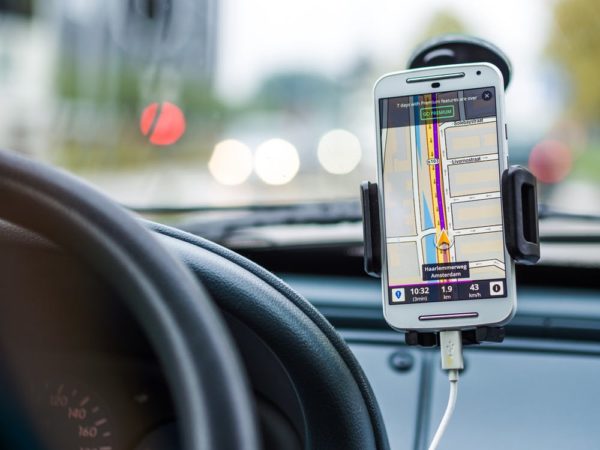
7 Useful Tips for Driving Abroad for the First Time

So, you’re travelling abroad and intend on driving in a foreign country for the first time? Whether you’re going on a long road trip, or simply getting around town here are some tips to help keep you safe while driving car abroad.
1. International Driving Permit
You might have heard that having an international driving permit (IDP) will grant you the ability to drive in any country in the world. Actually, this is not exactly the case. The IDP is simply a card that translates your license into different languages. You will still need to carry your actual driving licence from your home country. However, the IDP is still an important document to carry since you will need it if police request to see it, you’re involved in an accident, or you need to make an insurance claim.
2. Automatic vs Manual
Most of the western world and other developed countries have become accustomed to cars with automatic transmission. However, in some developing countries, cars with automatic transmission might be harder to come by.
If you are used to driving an automatic car at home, then it’s best to pre-book your hire car ahead of time to ensure you can get an automatic transmission. You will already have enough of a challenge navigating unfamiliar roads without having to deal with the clutch and stalling your car.
3. Left Hand Drive and Right Hand Drive
If you’re from North America, driving on the right-hand side of the road is the norm. However, if you’re planning on driving a car in left hand drive countries you’ll need to become accustomed to this. For example, countries such as the UK and Australia drive on the left-hand side of the road.
It also means getting used to the position of the driving controls. For example, the indicator lights will be on the opposite sides. By familiarizing yourself with these things you’ll save yourself from constantly turning on the windscreen wipers everytime you want to indicate a turn.
4. Know The Local Traffic Laws and Pay Up Your Citations
Getting stung for a speeding ticket or breaking a local traffic law can put a damper on your holiday. But it could end up being worse if you try to avoid paying your citations by leaving the country. In most cases, you’ll be probably be stopped at the passport control and asked to pay up – but in other cases, it could leave you in bad standing with the country. This can become a problem if you’d like to apply for a visa to revisit again. Consult with traffic lawyers like a speeding or traffic ticket attorney if you committed a traffic violation.
So, be wary of the local traffic laws such as the blood alcohol limit for driving, regulations for child seats, and documents you might have to carry while driving. If you receive a citation ensure you pay it – it’s often not worth the hassle to fight it.
5. Cultural Differences With Driving Habits
Cultural differences affect attitudes, values, and judgements that people make within a country. This can also be seen in the way that people drive. In the west, you may be accustomed to having most drivers obey road laws such as stopping at red lights or driving in the correct lanes. However, in some countries, you might find that road laws are mere guidelines and the driving experience might seem like a free-for-all.
Whatever the case may be, you need to remember that you are in a foreign country and may need to adjust both your expectations and driving habits to be able to drive safely while abroad.
6. Become Familiar With Your Hire Car
New model cars have fairly advanced dashboards with many things to select and control. It could include the GPS, the lights, indicators, or even a satellite radio. If you’re unfamiliar with the setup, don’t be afraid to ask your hire car company to show you how things work.
By familiarizing yourself with the settings on your hire car’s dashboard you’ll be able to make your trip a lot more comfortable. You won’t have to fiddle around to find the temperature control settings or get distracted by a blaring radio because you can’t find the volume control.
7. Request A GPS
Nobody wants to get lost abroad and especially if you’re driving. Losing your way on an unnamed street without road signs in your own native language would be a nightmare! Thankfully, you can avoid this by requesting GPS with your hire car.
The GPS will help you navigate through the unfamiliar roads and bring you to the tourist attractions that you’re wanting to see. You’ll be able to drive around without worrying about getting lost and having to ask for directions.
By following these rules for driving abroad you’ll be able to make your first time driving overseas a pleasant experience.














































